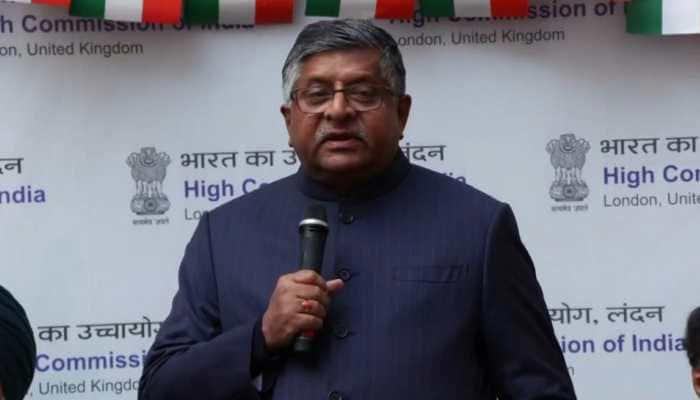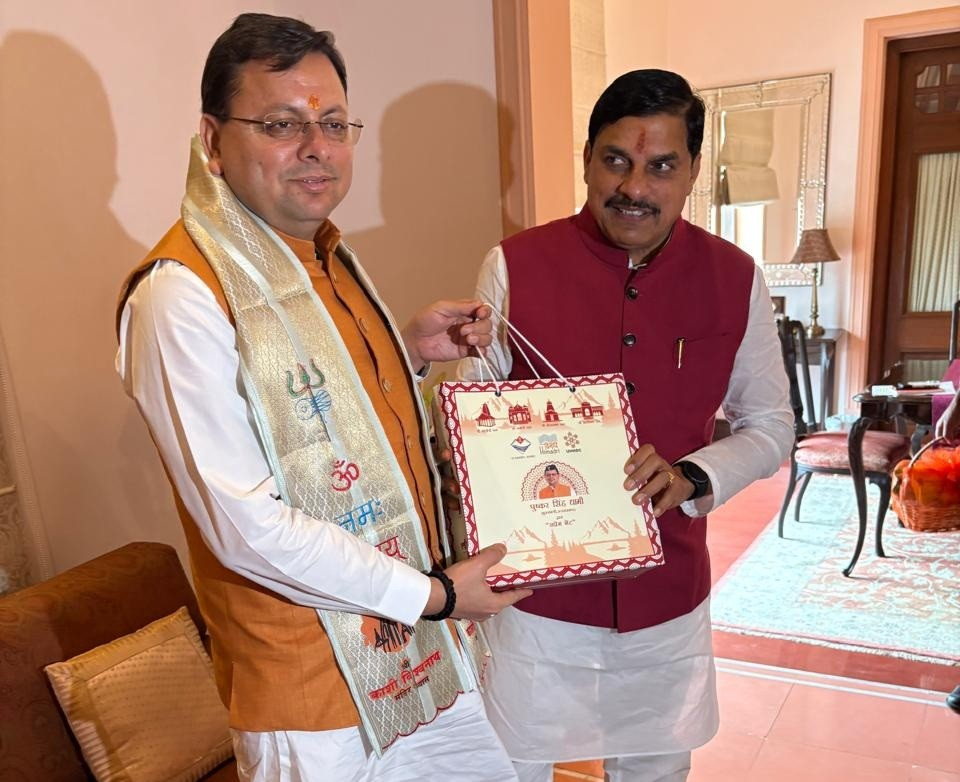The General, the Rank, and the Rhetoric
In a move that has ignited debate both within Pakistan and across the border in India, Pakistan’s Chief of Army Staff General Asim Munir has been elevated to the prestigious rank of Field Marshal, becoming only the second person in the country’s history to hold the five-star title.
The timing is critical: the promotion follows closely on the heels of the 2025 India–Pakistan conflict, a high-stakes military engagement that lasted several weeks before a US-brokered ceasefire brought relative calm. While Pakistan’s government hails Munir’s leadership as a triumph, calling it a decisive defense of sovereignty, critics—especially from India—call it a strategic smokescreen aimed at masking military and political vulnerabilities.
Indian BJP MP Ravi Shankar’s biting remark, “Defeated In Field, Now Field Marshal,” encapsulates the skepticism shared by many in New Delhi: that Munir’s elevation is more ceremonial than strategic, a move aimed at reasserting military prestige in a time of domestic and geopolitical pressure.
#WATCH | UK, London | BJP MP Ravi Shankar Prasad says, "Pakistan is not a democracy... 'Muhammad Ali Jinnah ne banaya Pakistan, wo ban gaya Generals ki dukaan, that is the situation of Pakistan'... Asim Munir, who was defeated in the field, has now become Field Marshal..." pic.twitter.com/nRCKxAdyuT
— ANI (@ANI) June 1, 2025
What the Field Marshal Title Means—and What It Doesn’t
To understand the current controversy, it’s essential to look at the symbolism and historical weight of the Field Marshal title in Pakistan. The only precedent for this promotion was Ayub Khan, who declared himself Field Marshal in 1959 after consolidating power through a military coup.
Unlike Ayub, Asim Munir’s appointment was endorsed by a civilian government, at least nominally. The Ministry of Defense claims this was to honor his “exceptional leadership” during the 2025 hostilities with India—specifically citing coordinated defensive maneuvers and preventing territorial loss.
However, analysts argue the rank is largely ceremonial, carrying no statutory authority or operational command beyond what Munir already holds as Army Chief. In essence, it’s military pageantry, used to solidify Munir’s public image and remind Pakistanis—and the world—of the army’s central role in national stability.
The announcement comes amid growing domestic unrest, economic instability, and a fragile coalition government. Many believe the title serves internal political functions, bolstering Munir’s stature in the event of a future power shuffle, or even a soft coup.
India’s Reaction: Skepticism, Sarcasm, and Strategic Reading
From New Delhi’s viewpoint, the promotion reeks of narrative manipulation. Indian intelligence reports suggest that while the conflict inflicted casualties on both sides, India retained control over strategic border positions, and Pakistan’s counteroffensive was far from decisive.
Thus, Indian political voices, including Ravi Shankar, have mocked the elevation as face-saving theater, with his viral jab—“Defeated in Field, Now Field Marshal”—underscoring the skepticism.
For Indian defense analysts, the timing signals two things:
- A bid by Pakistan’s military to preserve internal legitimacy amidst growing economic and political crises.
- A subtle reminder to India and the global community that the military remains the real power center in Pakistan, regardless of who holds the civilian reins.
This move may also complicate future diplomatic engagements, especially if India sees Munir’s rank as symbolic of militarized nationalism and institutional arrogance, particularly following a war with no clear victor.
Whether General Asim Munir’s promotion to Field Marshal is a testament to leadership or a tool of political theatre, the symbolism is undeniable. In a nation where the military has long eclipsed civilian institutions, such a move reinforces the reality of military dominance dressed in ceremonial honor. In India, it’s read less as a show of strength and more as strategic posturing, perhaps even insecurity masked by medals. As the region recovers from the latest flare-up in hostilities, such actions signal that the real battles may now be for public perception and internal control, rather than on the battlefield alone.





















